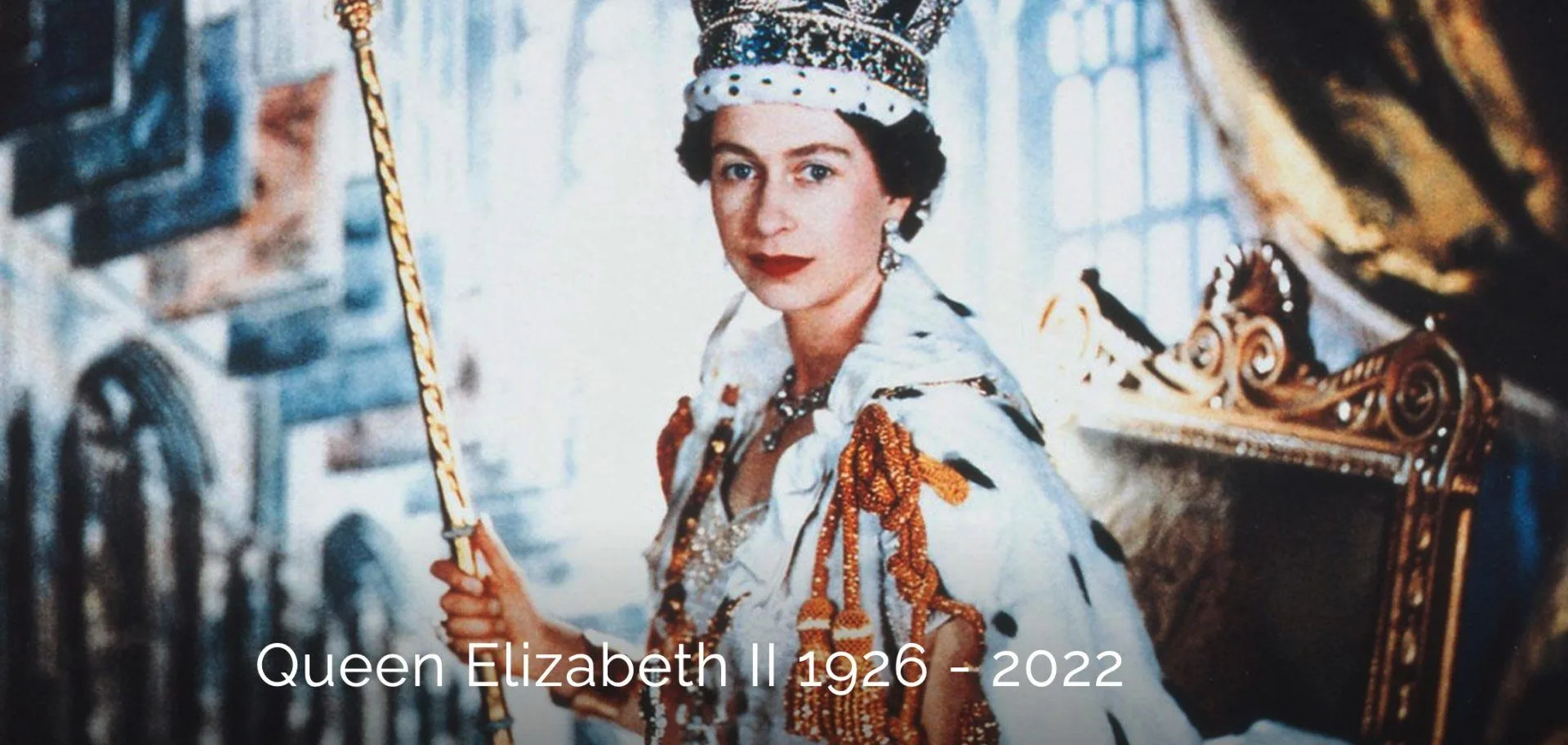Fiona Yassin, founder and clinical director at The Wave Clinic comments on how to speak to children about the passing of Queen Elizabeth II.
Her Majesty HRH Queen Elizabeth II passed away peacefully at Balmoral in Scotland, aged 96 years, on 8th September 2022. Also known as the “working queen”, she acceded to the throne aged just 25 and was the UK’s longest serving monarch..
From early on, Her Royal Highness became known for her sense of duty and her devotion to a life of service. Always calm and consistent. She managed to perform her many roles of daughter, mother, sister, wife, friend, grandmother, stateswoman, and animal lover reliably. The Queen has been an important figurehead for the UK and the Commonwealth during times of both crisis and celebration.
How to manage the grief from the passing of the Queen
Queen Elizabeth’s passing has impacted many. There is a national outpouring of grief. Children in the UK will be particularly sensitive to her death. So how do you explain this to younger people around you?
Fiona Yassin offers. “Many children will be in shock (today/ this week) about the Queen’s passing. After all, this may well be the first person they know who has died. For some it may even feel like they are losing a family member.
Children may experience conflicting and confusing emotions
Some children may also experience some very conflicting and confusing emotions too, especially if their parents are not pro-monarchy or perhaps take a differing view of what the children might be hearing in school or in the media.
With this in mind, it’s really essential that schools, parents, and carers alike remain open to the fact that not everyone has the same view – and that’s ok. Rather, at this time, listening skills are essential.
This is not about imparting our own views; it is about listening to the young person at this time and encouraging them to talk about what they are feeling.
What to avoid with the passing of Queen Elizabeth II
One of the key things we must avoid in times of grief is shutting others down. We must allow children to remember that person who has passed in any way they wish.
Young people must be allowed to take the space they need to deal with grief. As part of taking this space, parents and carers will likely need to explain the concept of death in the right language to children in age appreciate ways.
As much as possible, parents and carers should avoid euphemisms or telling the children things that aren’t particularly true. This is not always helpful to build trusting relationships with children long-term and creates more confusion down the line.
Instead, they should explain that the Queen has passed away or gone to heaven (depending on the wording they wish to use), why there will be a funeral, and what this might involve, and then explain that it is the end of this chapter, but not the end of our memories.”




![women [longevity live]](https://longevitylive.com/wp-content/uploads/2020/01/photo-of-women-walking-down-the-street-1116984-100x100.jpg)










